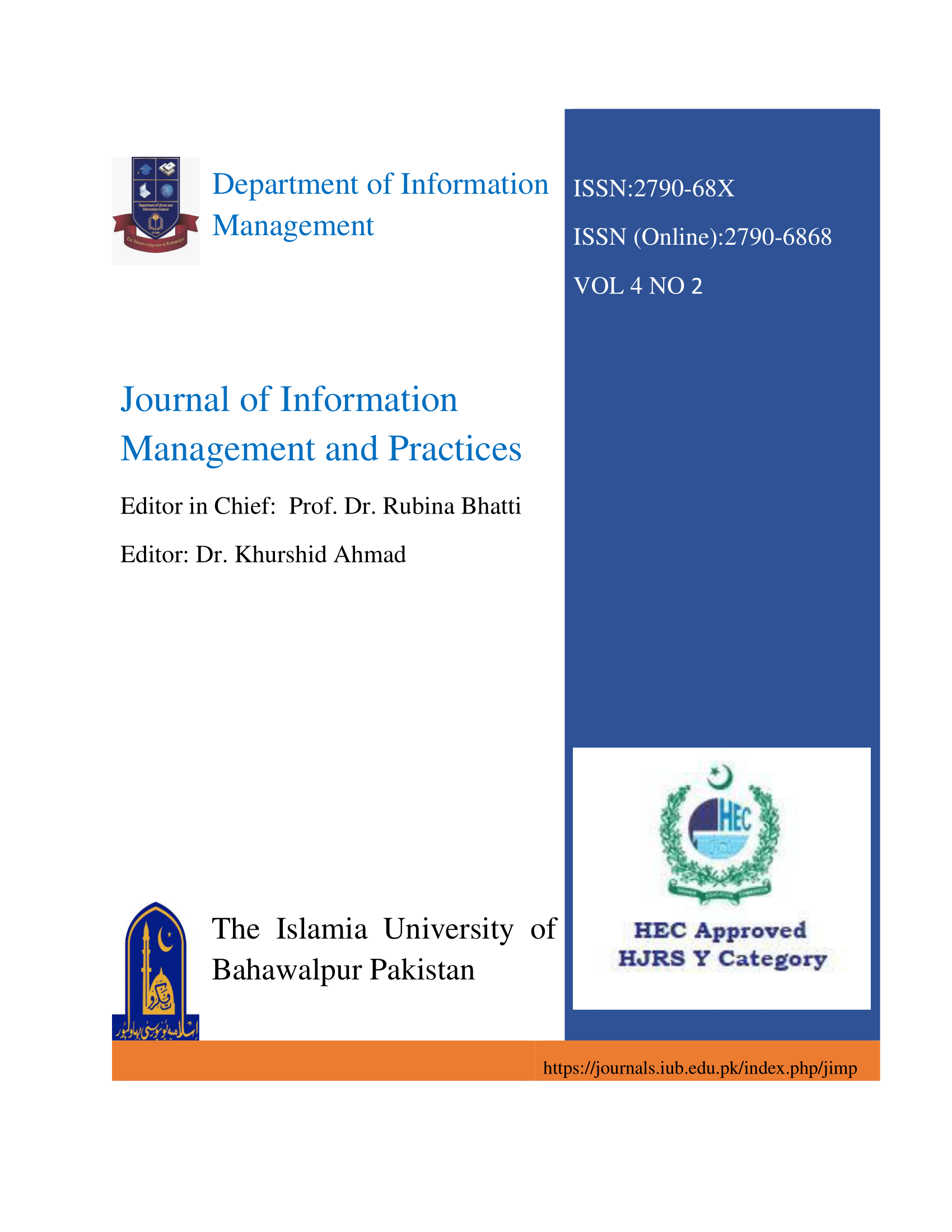Challenges and Opportunities of Open Educational Resources at University of Rajshahi, Bangladesh
Keywords:
Open educational resources (OER), OER awareness, OER adoption challenges, teaching and learning enhancement, Rajshahi University, BangladeshAbstract
This paper examines the insight of OER initiatives, benefits, and challenges based on a survey designed to gauge the students’ perceptions of adopting OER. The survey was conducted in January 2024 among 116 students from 12 Faculties at Rajshahi University, Bangladesh. An overwhelming majority of respondents (99.14%) strongly agree that OER includes research, teaching, and learning resources accessible to everyone. Most respondents (97.41%) agree that UGC Digital Library (UDL) plays a significant role in facilitating access to a wide range of digital academic materials, helping higher education institutions to integrate and disseminate OER (x̄ = 1.97, σ = 0.16). OER is also considered as a popular and efficient method for collaborative learning (99.14%; x̄ = 1.01; σ = 0.09). However, there are numerous obstacles to developing OER in Bangladeshi educational institutions. To promote OER in higher education, frequent capacity-building programs should be conducted within educational institutions to establish sustainable OER-based services (50%; x̄ = 1.51; σ = 0.52). Everyone has the right to access accurate information. Therefore, OER transforms the approach to education by promoting a more humanistic view of knowledge.
Downloads
Published
How to Cite
Issue
Section
License
Copyright (c) 2024 Md. Nazmul Islam, Md. Shariful Islam, Naziah Tasnim Anka

This work is licensed under a Creative Commons Attribution-NonCommercial-NoDerivatives 4.0 International License.
Copyright/License
Authors retain copyright and grant the journal right of first publication with the work simultaneously licensed under a Creative Commons Attribution License that allows others to share the work with an acknowledgement of the work's authorship and initial publication in JIMP. JIMP is using (CC BY-NC-ND 4.0), Attribution-NonCommercial-NoDerivatives 4.0 International.

